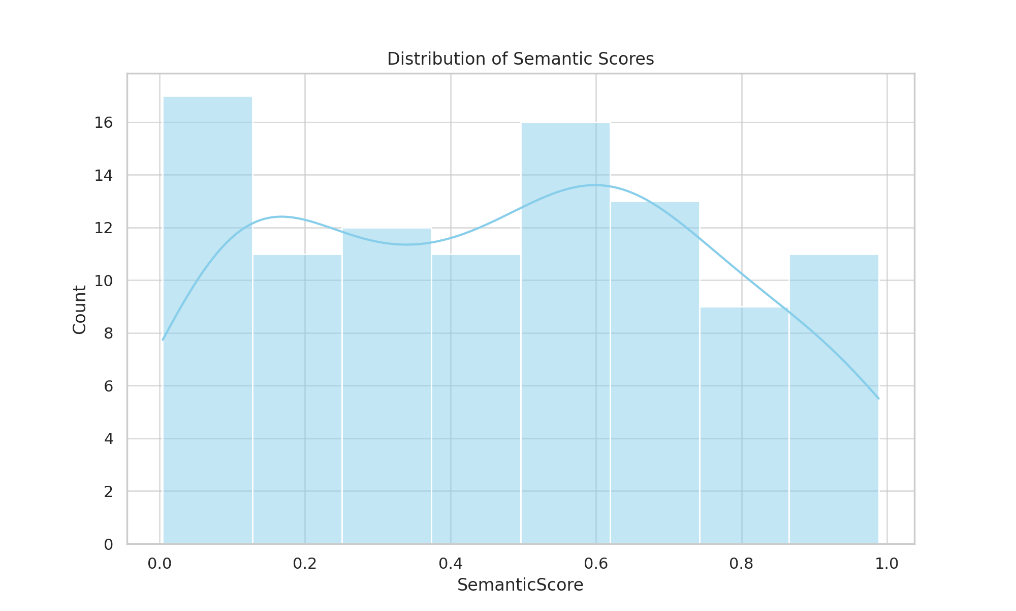EXPLORING THE IMPACT OF SOURCE CODE SEMANTIC ANALYSIS ON BUG LOCALIZATION ACCURACY
Keywords:
Bug Localization, Semantic Analysis\, Source Code Context, Generative Pretrained Transformer (GPT), Software Engineering, Machine Learning in Software Development, Dependency Graph, Code EvolutionAbstract
This paper introduces the Semantic-Contextual Bug Localization Framework (SCBLF), a novel approach that integrates advanced semantic analysis with contextual factors to enhance bug localization accuracy. Utilizing a fine-tuned Generative Pretrained Transformer (GPT) model, SCBLF captures the deep semantic relationships within source code. The methodology incorporates Dependency Graph Complexity (DGC) and Code Evolution Influence (CEI) metrics to provide a comprehensive contextual backdrop. The framework's efficacy is evaluated through a simulation that generates a synthetic dataset, mimicking a realistic software development environment. The simulation results are analyzed, revealing significant correlations between semantic scores, dependency complexities, code changes, and Bug Localization Scores (BLS). The distribution of BLS indicates a balanced bug prediction capability across the codebase, with feedback accuracy scores suggesting satisfactory user validation. The findings advocate including semantic and contextual analyses in bug localization tools to improve software maintenance and development processes.
Downloads

Downloads
Published
Issue
Section
License
Copyright (c) 2024 Waqas Ali, Aakash Ali (Author)

This work is licensed under a Creative Commons Attribution 4.0 International License.


